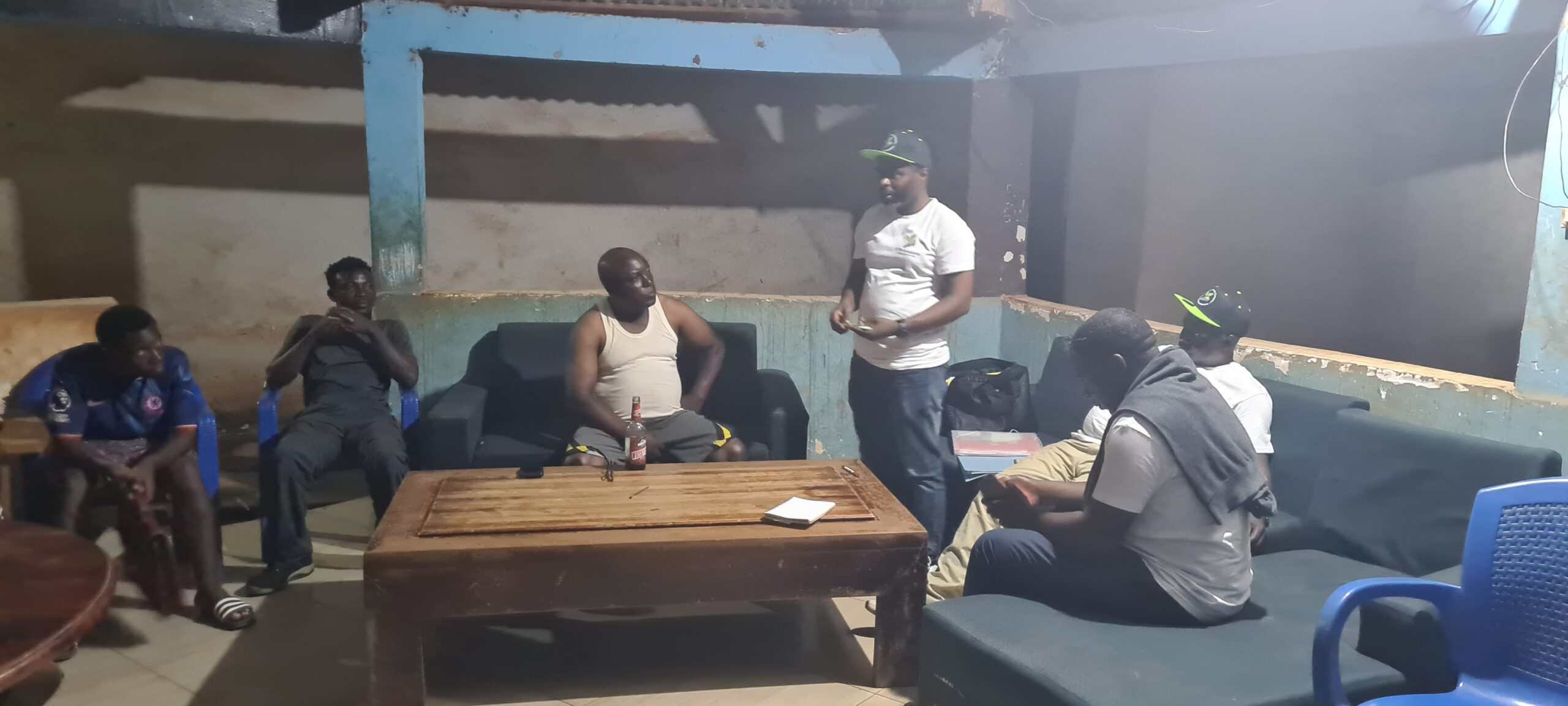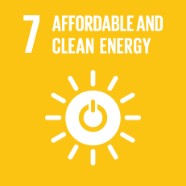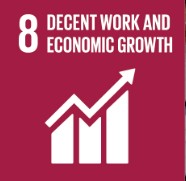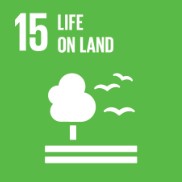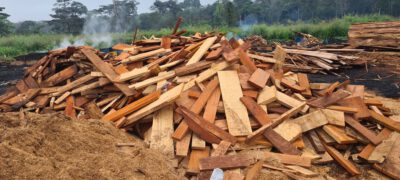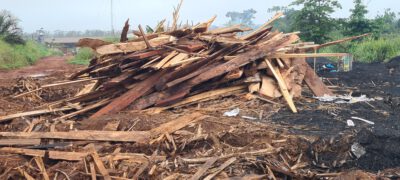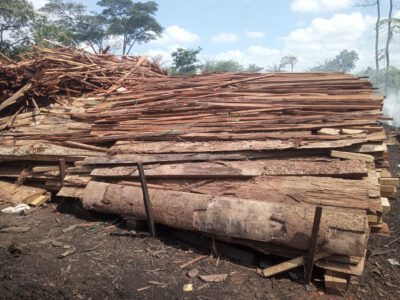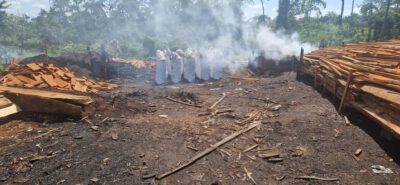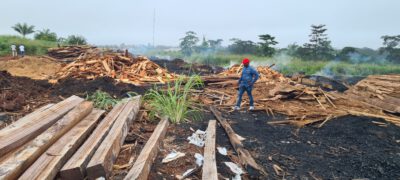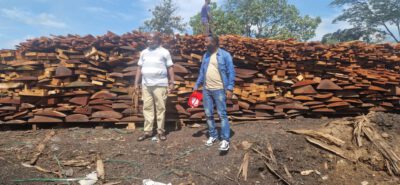Biomass Storage with Solar Energy in Koundi
Location
Koundi, Lom-et-Djérem Department, East Region, Cameroon
Project goal
The project aims to construct the first biomass storage facility at the village of Koundi in the Belabo municipality. This initiative focuses on combating climate change, promoting sustainable development, and reducing air pollution which has negative health impacts on the local community. By preventing decomposition and open burning of sawmill waste biomass, the project will prevent CO2 and other greenhouse gases from entering the atmosphere. The project will significantly improve air quality, reduce the risk of wildfires, create jobs and promote ecosystem resilience.
The project also aims to provide co-benefits for the community: it supports inclusive development through solar electrification of an off-grid village, job creation in biomass logistics and construction.
Project description
The biomass storage project in Koundi – Cameroon is designed to provide a scalable, durable, and high-integrity carbon removal solution, while also addressing pressing local development challenges. The project focuses on the long-term underground storage of sawmill waste biomass, preventing decomposition and thereby avoiding the release of CO₂ and other greenhouse gases. The biomass is placed in sealed pits under anaerobic and extremely dry conditions that inhibit decomposition and ensure storage for over 100 years.
The project follows a proven methodology, an enablement model and uses an environmentally friendly developed monitoring system to continuously track conditions inside the storage site. Sensors measure oxygen, carbon dioxide, methane, temperature, and moisture to ensure that the biomass remains stable and that any deviation from safe storage conditions can be detected and addressed. Monitoring continues throughout the storage term and supports transparent verification of permanence.
SDGs
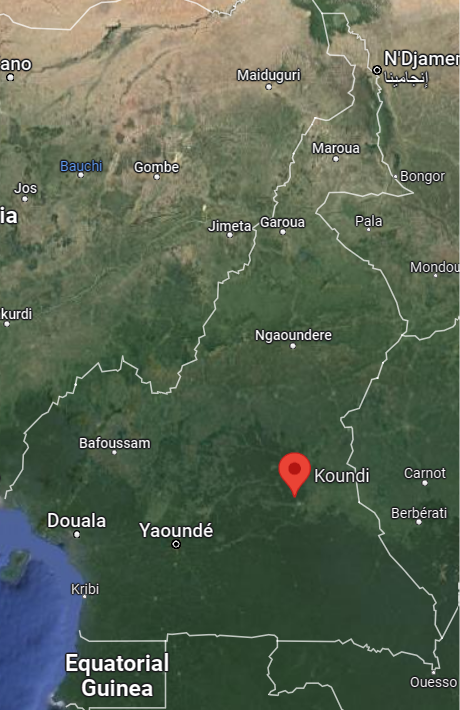
Local community and environmental impacts
The project will have an extraordinary impact on the local community and environment. By redirecting sawmill waste biomass into long-term storage, the project is transforming a low-value byproduct into a climate-positive solution. This approach not only prevents emissions from decomposition or combustion but also delivers meaningful co-benefits for the local environment and community.
The project will offer job opportunities, community training, and new infrastructure, such as solar mini-grid plant, promote clean energy technologies, contributing to improving the local community's quality of life and sustainable development.
Economic transformation
The project will create jobs and new income sources for the local community by engaging workers in biomass collection, storage management, solar plant installation, and environmental monitoring. By purchasing biomass waste from the local sawmill, the project also provides an additional revenue stream for community members.
Built on top of the biomass storage site, the solar plant supplies clean electricity to the off-grid village. This access to power improves daily life, enables local businesses to grow. The project also invests in capacity building by offering training in biomass logistics, solar technology, and environmental monitoring. These programs equip community members with valuable skills, empowering them for future opportunities and promoting long-term environmental stewardship.
The project's impact
As a proven engineered carbon removal solution, the project is expected to bring technology, knowledge and know-how transfers in the project region.
